Editorial
When I was a little girl, I often heard the line: “Think of the starving kids in Africa.” It came when I didn’t want to finish my vegetables, and at the time it felt like nothing more than a cliché: an adult’s scolding that barely connected with my world.
But now, decades later, as I read the data and listen to real stories from across Africa, I understand the true meaning. It’s not a cliché. It’s not a distant lesson. It’s a living, breathing reality.
Hunger by the Numbers…and Beyond
In 2024, over 307 million Africans, more than one in five people on the continent, faced hunger, according to a joint UN and World Health Organization report. To put that into perspective, that’s nearly the entire population of the United States.
And yet, even as global hunger has slightly declined, Africa’s numbers are rising. Why? Conflict, climate shocks, and economic instability are eroding food systems. Droughts in the Horn of Africa and insecurity in the Sahel are leaving families without crops, income, or reliable markets.
But numbers alone don’t tell the story. People do.
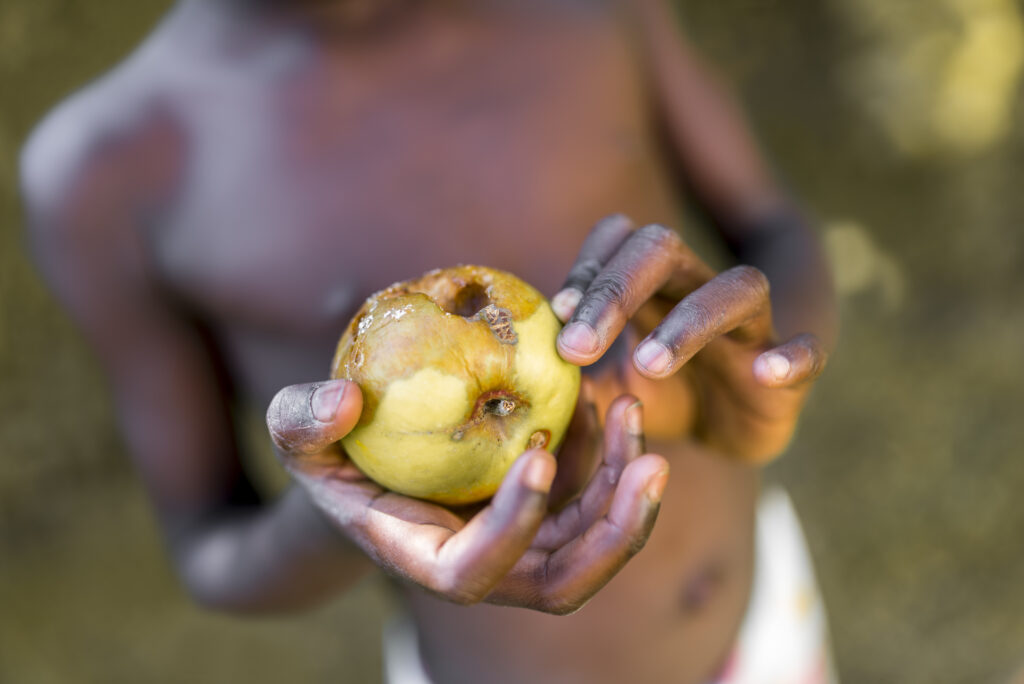
Ibrahim’s Struggle in Uganda
Take Ibrahim, a young man in rural Uganda. He is doing what few of us could imagine: caring for his own siblings, his widowed mother, and more than 20 orphans from his village. Every day is a negotiation with scarcity. Every meal is uncertain. The community does what it can to help, but the need is so great that small acts of kindness barely scratch the surface.
Ibrahim’s story is not an outlier: it’s a glimpse into the daily heroism of countless families across the continent.
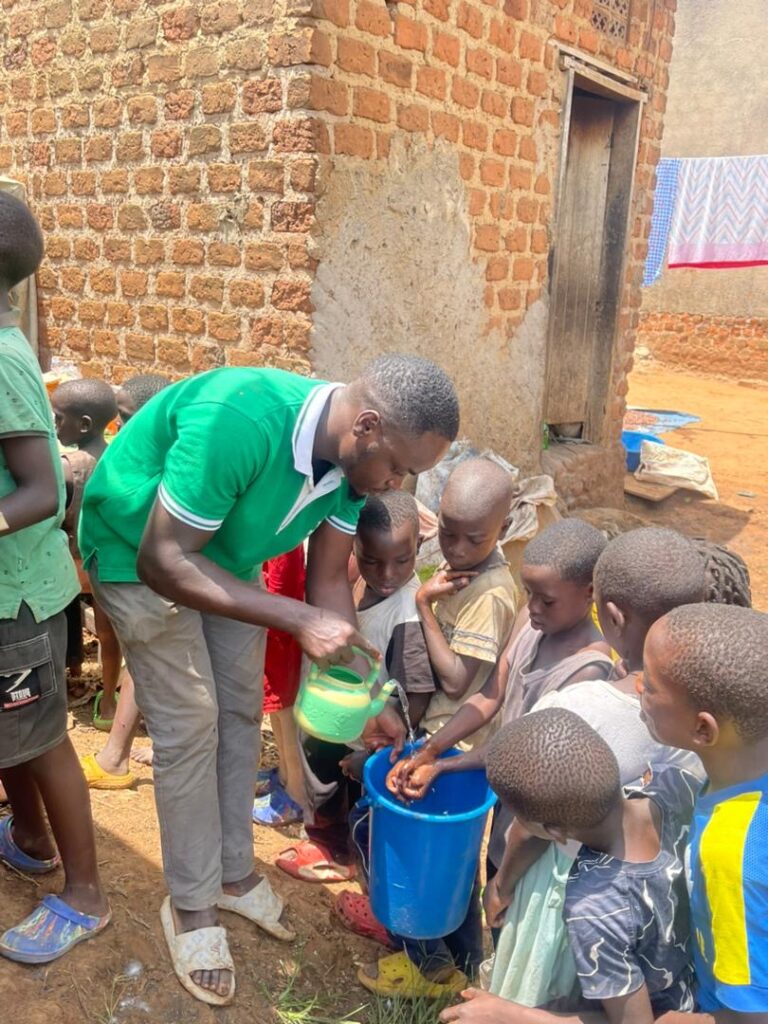
South Sudan: Rich Land, Poor People
And then there’s South Sudan, the youngest nation in the world. It sits on an estimated 3.5 billion barrels of oil reserves, with fertile land along the Nile. Yet it ranks as the poorest country on Earth, with a GDP per capita of just $251. Food for Africa News has reported extensively on this paradox: a country rich in resources, yet its people go hungry, its children stunted, its communities fractured.
The stories are gut-wrenching. Mothers skipping meals so their children might eat. Children dropping out of school to scavenge for food. A nation where poverty is not an economic term, but a daily sentence.
A Mirror for Ourselves
So what does this mean for us? For those of us who will read this article, then close our laptops, turn on the air conditioning, and crawl into a comfortable bed?
It means perspective.
We joke about “first-world problems.” Slow Wi-Fi. The wrong coffee order. A delayed Amazon package. But when held up against the struggle of Ibrahim in Uganda, or the millions in South Sudan who don’t know if they’ll eat tomorrow, those complaints unravel into nothing.
I’m not writing this as a lecture. I’m writing this as a confession. I, too, go to sleep in comfort, often forgetting how many in this world cannot. I, too, need to be reminded that what I consider inconvenience, others would consider luxury.

What We Can Do
The truth is, communities across Africa are resilient. They help each other. They innovate with what little they have. But the need is overwhelming. Governments, NGOs, and individuals like us must recognize that this is not just “Africa’s problem.” It’s a global problem. Hunger destabilizes regions, fuels migration crises, and robs the world of human potential.
We can share stories. We can give. We can pressure leaders to act. And most importantly, we can stop seeing hunger as a statistic, and start seeing it as a neighbor’s child, as Ibrahim’s orphans, as a reflection of our shared humanity.
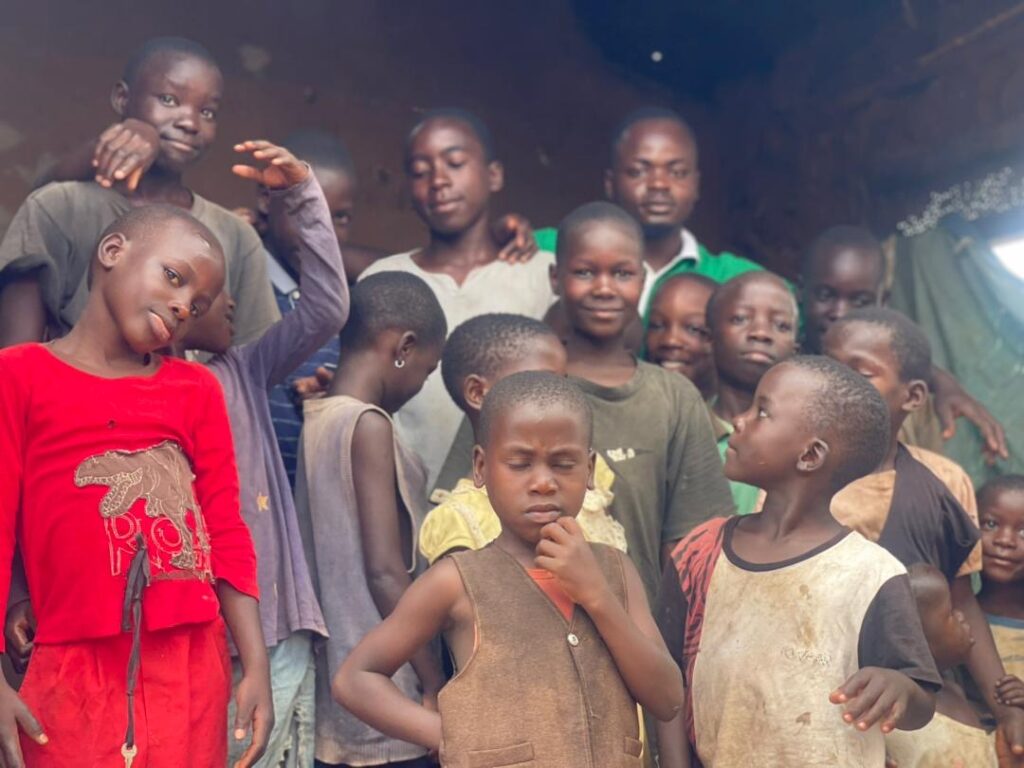
How Lucky Are You?
Tonight, I will go to sleep in safety, in a room cooled by air conditioning, my stomach full. And I will ask myself: How lucky am I?

It’s a question worth asking: not to shame us, but to ground us. Because if hunger in Africa teaches us anything, it’s that life is fragile, unfair, and deeply interconnected.
The least we can do is remember. The most we can do is act.
By Janica Southwick, Founder & Editor, Food for Africa News
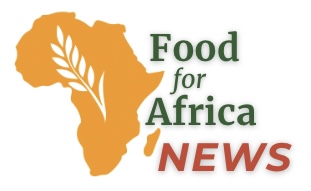



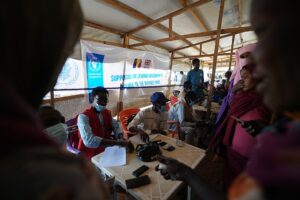
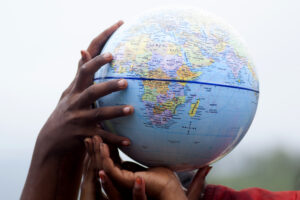

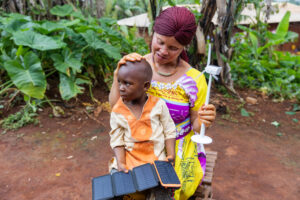
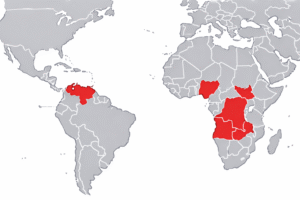


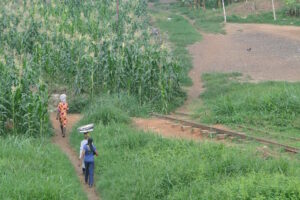


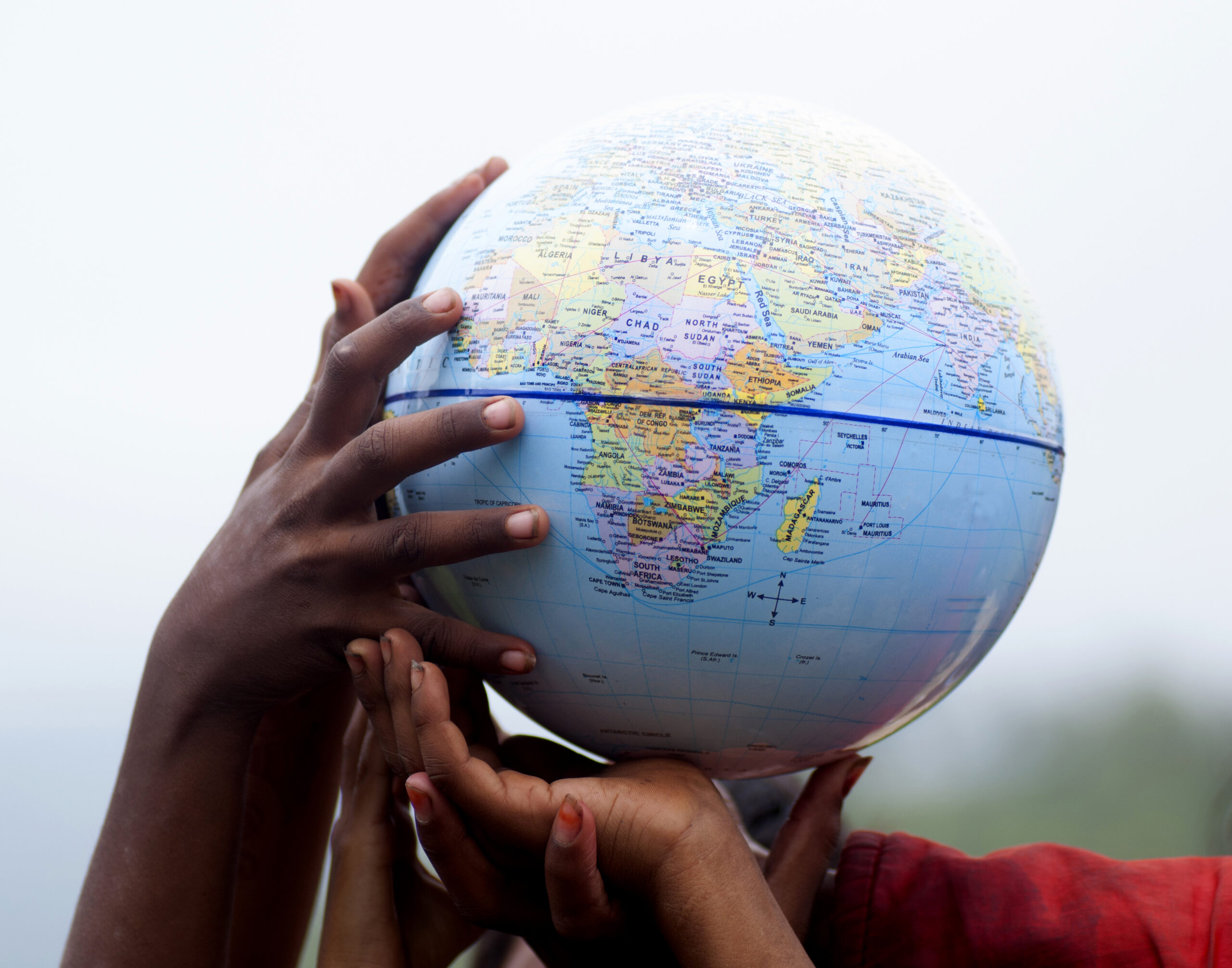
Excellent write up! Very Informative and my hope is your news article reaches those who can and will help the hungry in Africa.